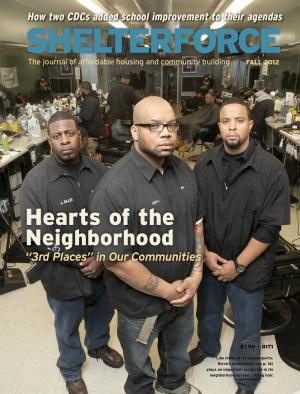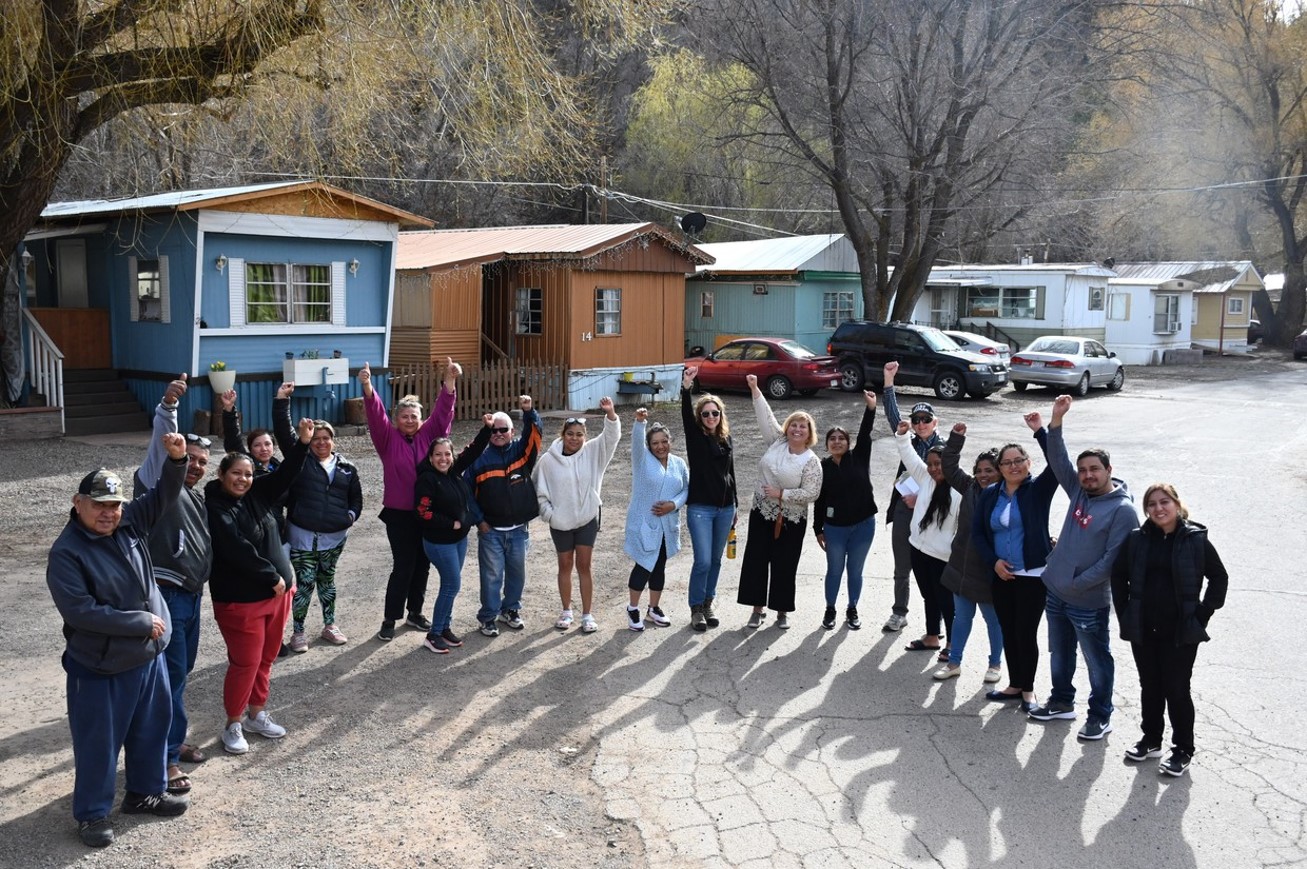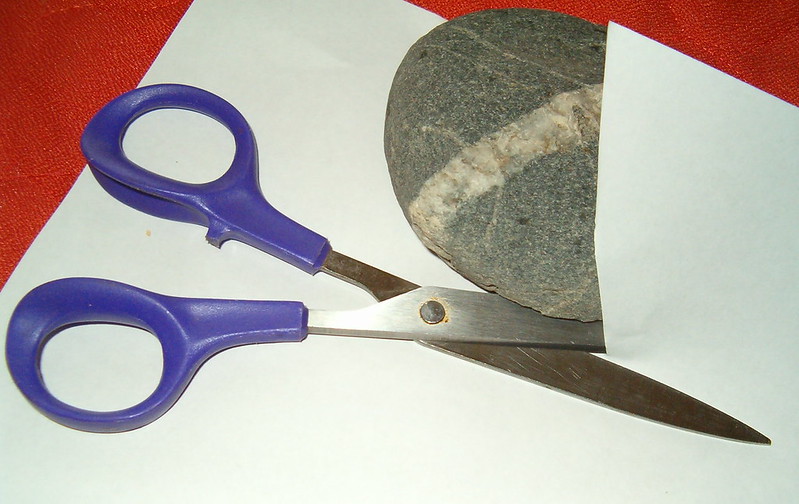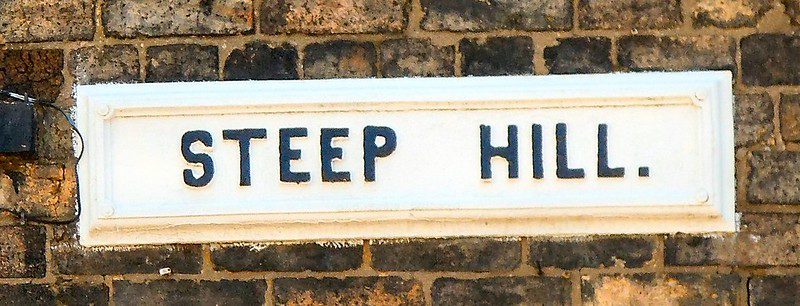Last year when I was walking my neighborhood, flyering for the Tale of Two Cities march and feeling out of place as writer trying to be an organizer (in other words, I was feeling shy that day and daunted by starting conversations on the street), I had a brief respite from the awkwardness when I ducked into a newish barbershop.
It wasn’t anything dramatic. I didn’t actually get into a long political conversation or make new friends. But that was probably mostly me. I didn’t get a high five from fellow activists I’d never met either. But the fact of what I was doing—talking about issues facing our neighborhoods—just seemed distinctly less out of place, more expected there. It was a place conversation was already happening, and my starting a new one didn’t make anyone particularly uncomfortable.
This is an old and longstanding tradition. Making conversation is probably as much part of a barber’s skill set as cutting hair.
MSNBC commentator Melissa Harris-Lacewell (formerly Harris Perry) spoke of it in her 2005 book Barbershops, Bibles, and BET: Everyday Talk and Black Political Thought. In the Shelterforce article Saving the Village Pub, David Graham talks about the key role the village hairstylist played in spreading the word about the effort.
And that’s why I was so happy to have David King’s profile of Brick’s Barbershop, also in Albany, though not in my neighborhood, as part of our package on third places (and on the cover!). King paints a picture of the kinds of roles such a place can play—anchor for troubled youth, political sounding board, community-police mediation. It’s a set of roles that would be ambitious for a highly staffed nonprofit.
Do you have a business in your community—barbershop or other—that serves such roles?





Comments